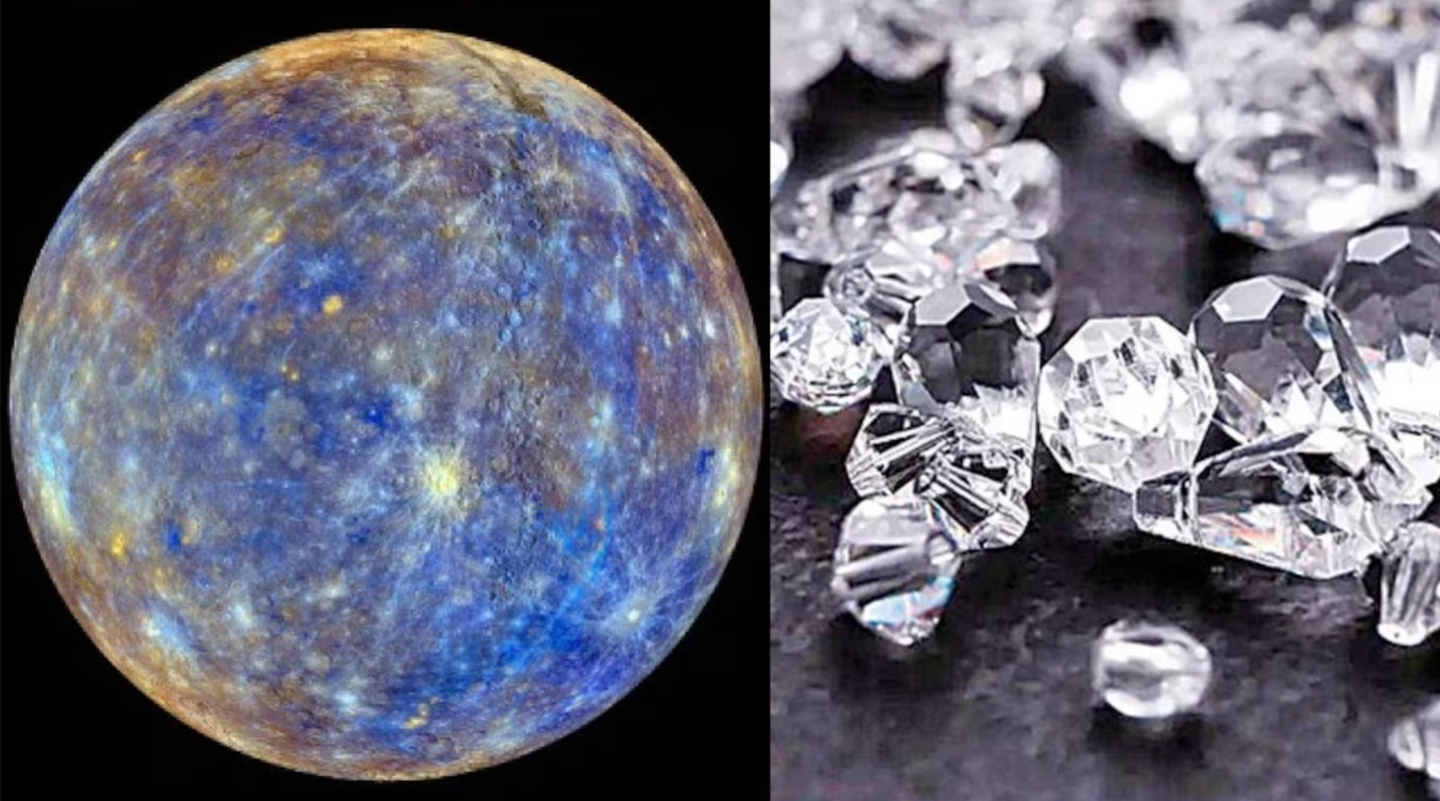Mysterious pyramid found peaking up through the white landscape of Antarctica
Amidst the pristine white landscapes of Antarctica, a mysterious structure stands defiantly, piercing the ice

Amidst the pristine white landscapes of Antarctica, a mysterious structure stands defiantly, piercing the ice and raising eyebrows worldwide. A supposed pyramid, visible under layers of dense frost at the Ellsworth Mountain range, has generated a deluge of conspiracy theories, gripping the imagination of many. But as any seasoned traveler knows, not everything is as it seems.
Ancient pyramids – grand, majestic, and always cloaked in mystery – have primarily been associated with places like Egypt, Sudan, Mexico, Italy, Iraq, and Peru.
In these lands, pyramids bear testament to past civilizations, with their intricate designs and baffling construction methods. Thus, discovering such a structure in Antarctica is both thrilling and disconcerting. However, it's essential to discern fact from fiction.
Recent Google Earth images showcasing an aerial view of the intriguing formation have intensified speculations. To the untrained eye, this phenomenon looks like a sharp mountain, its apex jutting out from the frozen tundra. Still, could it be a creation of an ancient civilization, long lost to time, or even extraterrestrial craftsmanship?
Debunking Myths with Science
Enter the realm of geologists – the detectives of Earth's mysteries. As countless speculations swirled around social media, with images and theories making the rounds, experts began weighing in on the matter.
According to Professor Eric Rignot of the University of California, an expert in Earth system science, the fuss may be much ado about nothing. “This is just a mountain that looks like a pyramid," Rignot stated, aiming to allay rumors. He further elaborated, “Pyramid shapes are not impossible — many peaks partially look like pyramids, but they only have one to two faces like that, rarely four."
Related Stories
As per geological consensus, the structure's steep, pyramid-like sides result from hundreds of millions of years of erosion.
Dr. Mitch Darcy, an eminent geologist at the German Research Centre for Geosciences, provided further clarity, stating, “The pyramid-shaped structures are located in the Ellsworth Mountains, which is a range more than 400 km long, so it’s no surprise there are rocky peaks cropping out above the ice.” For Darcy, the rock formation’s semblance to a pyramid is a mere coincidence.
Darcy shed light on the actual nature of the 'pyramid,' explaining, “By definition, it is a nunatak, which is simply a peak of rock sticking out above a glacier or an ice sheet. This one has the shape of a pyramid, but that doesn’t make it a human construction.”
The unnamed mountain stands tall at coordinates 79°58’39.25”S 81°57’32.21”W, located in an area known as the "Heritage Range." This vicinity is not unacquainted with historic wonders. Remarkable fossils, some dating back more than 500 million years, have been discovered here. At 4,150 feet, this 'pyramid' might not be imposing compared to other mountains, but its enigmatic nature keeps people captivated.
Mauri Pelto, a professor of environmental science at Nichols College, voiced his opinions on the myriad of conspiracy theories surrounding the mountain, saying, "At least they’re thinking about something.” He optimistically added, “In the end, maybe they’ll learn something in the process."
The human mind is innately curious, continually seeking patterns and explanations for the unknown. While the Antarctic 'pyramid' has stirred excitement and speculation, it serves as a testament to our planet's natural wonders and the intricate processes that shape them.
As the world continues to debate its origins, the icy pyramid-like mountain remains a testament to Earth’s ever-evolving landscape, an emblem of natural beauty and mystery in the heart of Antarctica.
For more science news stories check out our New Discoveries section at The Brighter Side of News.
Note: Materials provided above by The Brighter Side of News. Content may be edited for style and length.
Like these kind of feel good stories? Get the Brighter Side of News' newsletter.



